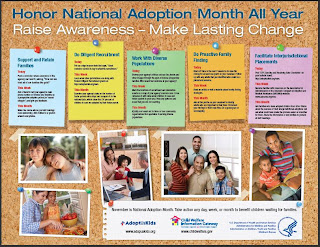 Over the holidays, with the prospect of lots of travel including airlines, there's been a lot of hullabaloo over the TSA(Transportation Security Administration)'s new security screening procedures for air passengers, requiring either a revealing electronic body scan or a manual full body pat down.
Over the holidays, with the prospect of lots of travel including airlines, there's been a lot of hullabaloo over the TSA(Transportation Security Administration)'s new security screening procedures for air passengers, requiring either a revealing electronic body scan or a manual full body pat down.As is so often the case, certain groups of people will have a more difficult time with these procedures. Again, as is so often the case, these are folks who have additional struggles to begin with. With regard to the new TSA procedures, I'm specifically referring to trans folks.
Trans folks have the double-disadvantage in that they may have prosthetics (padded, underwire bras and breast forms, genital prosthetics), which may cause concern to airport screeners, and that they may be red-flagged if the screener notes a discrepancy with the gender they present, either subjectively or due to a difference between the gender markers on their ID.
The point is, the marginalized community, that already has it harder, gets to have it harder still. And of course, the TSA does not require nor necessarily provide training for its officers regarding sensitivity to the LGBT community.
Fortunately, the National Center For Transgender Equality (NCTE) has come out with a resource for trans folks and "What Travelers Need to Know," as well as a useful PDF on "Whole Body Imaging."
There's a lot of just good general information for all folks, like:
- First, it is important that you KNOW YOUR RIGHTS. Even if TSA personnel are not always familiar with travelers' rights, such as the right to decline a full-body scan, you should know them. You may need to politely inform the officer of your rights and choices.
- Second, calmly and clearly expressing your choices is very important. This makes it easier for the TSA agents to understand what your needs are and may help you get through the checkpoint more quickly.
- You have the right to have manual search procedures performed by an officer who is of the same gender as the gender you are currently presenting yourself as. This does not depend on the gender listed on your ID, or on any other factor. If TSA officials are unsure who should pat you down, ask to speak to a supervisor and calmly insist on the appropriate officer.
- You should not be subjected to additional screening or inquiry because of any discrepancy between a gender marker on an ID and your appearance. As long as your ID has a recognizable picture of you on it, with your legal name and birth date, it should not cause any problem.
Until we have full equality and inclusion, we simply deal with what we've got with as much grace and equanimity as possible. Travel safely!








